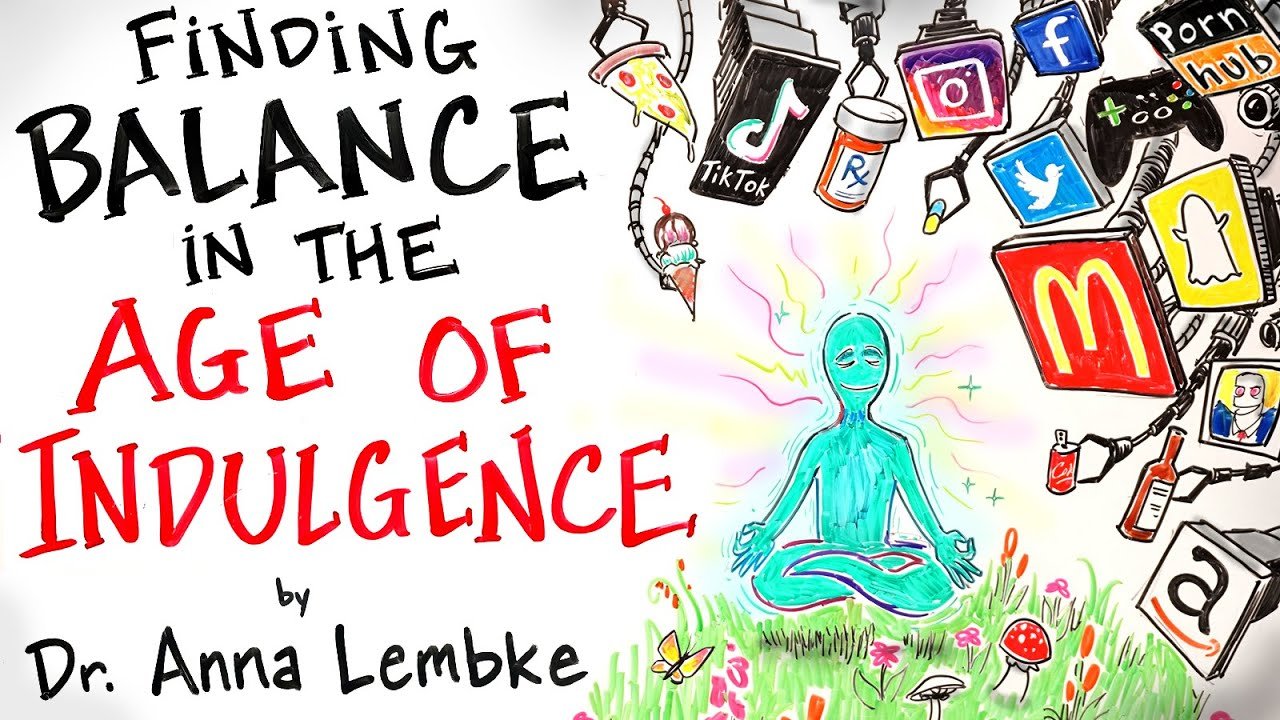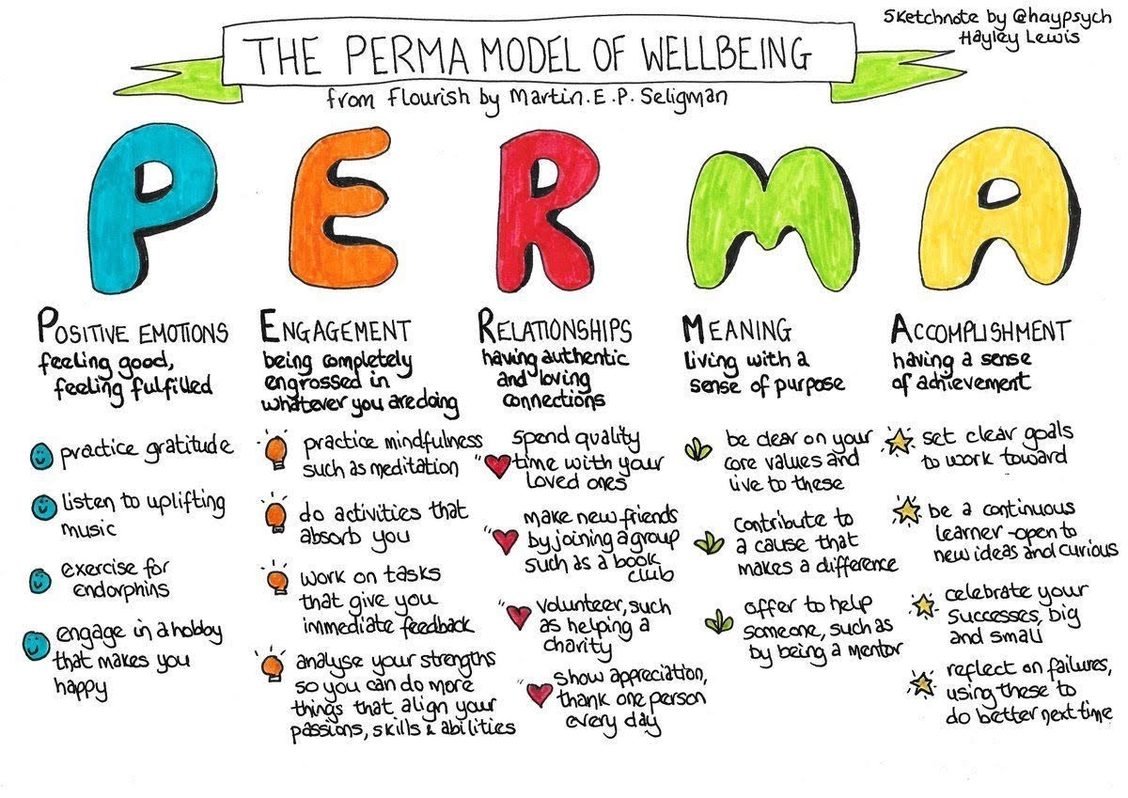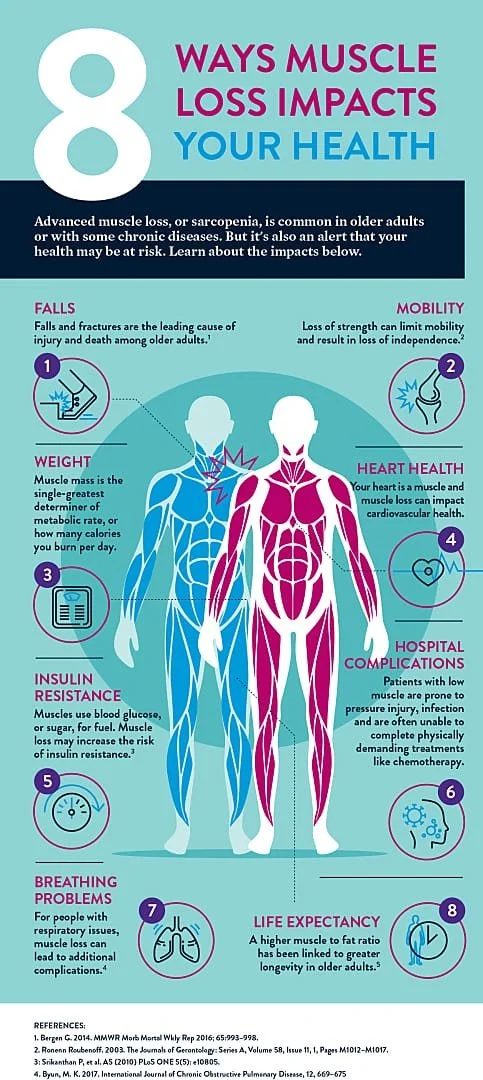For this post, I’ve got a great article from a guest blogger, Adam Cook of Addictionhub.org. Adam shares about the challenges of addiction, adultery, and abuse and ways to overcome them. There are links to deepen your understanding as well as professional resources. I hope you find it helpful and encouraging.
Saving a Marriage after Adultery, Abuse or Addiction
by Adam Cook
Photo via Pixabay
Relationships aren’t perfect. Even the happiest of couples can have rough patches. Some negative actions or behaviors in a marriage are minor. Others are serious issues, such as a spouse who spends more time at work than with family. However, three issues are exceptionally dangerous to a marriage and the spouses involved: adultery, abuse, and addiction. Read on for some insight from Family Connections Coaching.
Addiction and Finding a Rehab Center
Addiction creates severe damage to a marriage and to a family. All addictions – alcohol, heroin, sexual, shopping, even video game addiction – can harm relationships. Drug and alcohol addictions are touted for not only destroying the life of the addict, but the lives of his or her loved ones as well. An addict must seek serious, long-term treatment; otherwise, the marriage is likely to end.
Before a couple can begin to work on their marriage, addiction therapy should be prioritized and treated before any work is done in the marriage. Finding sobriety is critical before trying to rebuild a relationship. This is where a qualified rehab center comes in. When looking for a rehab center in or near San Francisco, check to see what sort of treatment is offered, such as outpatient treatment, inpatient programs, and detox. Choosing the right facility involves knowing whether it’s accredited, what certifications it has, and be sure it has evidence-based treatment that is proven by positive client reviews.
Family and friends can play critical roles in encouraging addicts to enter and stay in treatment. Attending family therapy can also be important for both the addict and his or her loved ones. When a family member or significant other is involved in an addict’s treatment program, the benefits of treatment are strengthened. There are many resources for helping a loved one find treatment.
If the addicted partner created mistrust and trauma by putting a strain on the family’s finances, working with a specialist to create a financial plan is also an important step in rebuilding a couple’s relationship. While seeking long-term treatment can help address the psychological reasons for the addicted partner’s irresponsible spending, it is critical that both partners work together to get back on solid financial ground if there is going to be a possibility of reconciliation.
Adultery
Sadly, 15-20% of marriages have a partner who’s cheated. And it’s hardly ever a one-time affair; people who have cheated once are more likely to cheat again. Finding out that your spouse committed adultery can be gut-wrenchingly painful and traumatizing. While marriages can survive infidelity, people sometimes find it impossible to stay in their marriage after the discovery.
To increase your chances of saving the marriage, you must unearth what led to the affair. In order for a marriage to fully heal after an affair, the circumstances that led to the affair must be resolved. Typically, the partner who strays reports doing so for reasons such as not having his or her needs met in the marriage (mentally, emotionally, or intimately), feeling unheard by the other partner in pleas for change, seeking validation for low self-esteem, and more.
Abuse
According to the National Coalition Against Domestic Violence (NCADV), “Nearly three in 10 women and one in 10 men in the United States have experienced rape, physical violence, and/or stalking by an intimate partner (or former partner) and reported at least one impact related to experiencing these or other forms of violence behavior in the relationship (e.g. feeling fearful, concern for safety, post-traumatic stress disorder (PTSD), need for health care, injury, crisis support, need for housing services, need for victim advocacy series, need for legal services, missed work or school).”
Abuse includes, but is not limited to, purposeful humiliation, hypercriticism, forced isolation from friends and family, violent threats, pushing, slapping, and grabbing. Unfortunately, research shows that ending cycles and habits of verbal and emotional abuse is improbable. Therapy and counseling are highly unlikely to help. Essentially, abuse is one circumstance where the marriage is likely to be unsalvageable.
If you’re currently in an abusive relationship, visit your local domestic violence center for free counseling about how to deal with and end it. For more immediate assistance, especially if your life is being threatened, call the National Domestic Violence Hotline at 1-800-799-7233 or 1-800-787-3224 (TTY). You can also visit their website for more information or for live chat services.
Go to Counseling Together
It’s also essential that couples seek marriage counseling to work through their issues. Family Connections Coaching offers marriage and family counseling and can facilitate improved communication so that both parties have the chance to say their peace and feel heard.
If you’re on a tight budget, there are affordable options, and seniors should know that Medicare Part B covers 80 percent of marriage counseling costs. Eating nutritiously and exercise can also go a long way in improving the mental health of couples as they seek to save their marriage.
Finding Your Space
Rebuilding a marriage is hard work, and it requires a sincere and committed effort on both sides. However, sometimes the best approach is to have a trial separation. This, of course, isn’t an option for everyone, particularly if finances are tight. But if you absolutely need space from your partner, it can be wise to find an alternate living arrangement for a little while. In doing so, you both have the option to regroup. Perhaps you can stay with family or friends for a short while, or you can look for short-term rentals in the area.
Regardless of whether you and your spouse are dealing with one of the three A’s or another issue, if you’re experiencing marital turmoil, seek the help of a marriage counselor. Remember that you don’t have to (nor should you) stay in a marriage if your well-being is in jeopardy. Reach out to a family member, friend, or professional if you need help, and for severe crises, such as abuse or addiction, seek the appropriate help at a rehab center as quickly as possible.










